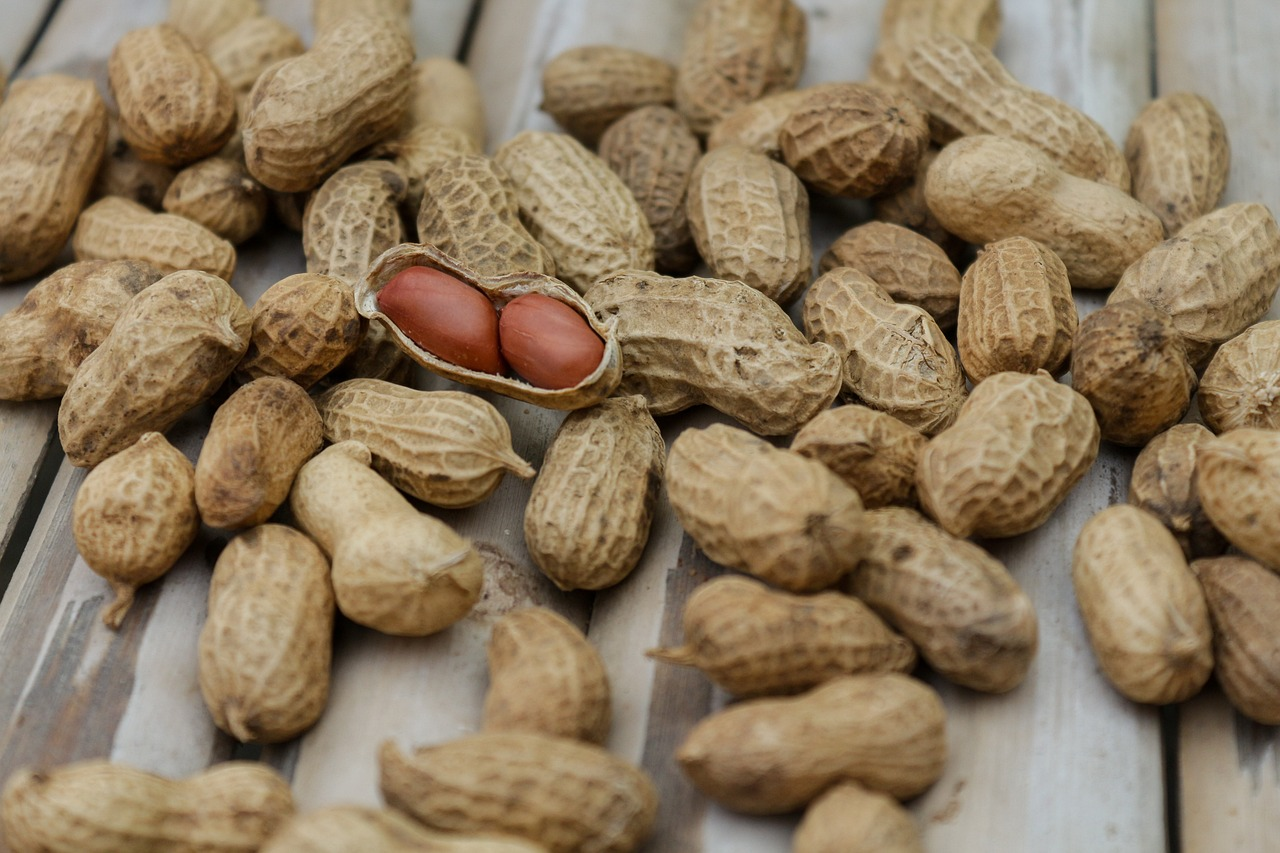For those sensitive to peanuts, DBV Technologies, a French biopharmaceutical firm, has developed a new treatment option that might replace conventional methods. This features a non-oral and non-invasive patch method.
What Is Peanut Allergy?
Peanut allergy is a food allergy in which a person’s immune system does not respond properly to peanut proteins. Peanut allergens make the immune system function inappropriately and allow it to release symptom-causing chemicals in the blood. These include rapid pulse, swelling of the throat, constricted airways, skin reactions, digestive problems and itching. Peanut allergy can lead to a life-threatening allergic reaction called anaphylaxis. Hence, people with this allergy must avoid peanuts. This type of food allergy is most common in infants, young children and teens. However, it can be treated by immunotherapy which can reduce and relieve symptoms.
Causes Of Peanut Allergy
The two main factors that cause allergy include direct and indirect exposure to peanuts. Eating peanuts or peanut-containing foods which involve direct contact can lead to severe allergic reactions. Cross or indirect contact is the unintended introduction of peanuts into food or any other product. For instance, any food exposed to peanuts during processing, handling or packaging. Inhalation is another cause of peanut allergy. Inhaling air or dust from sources, such as peanut spray, peanut cooking oil, or peanut flour can result in skin allergies.
Company’s Practices To Counter Peanut Allergy
There are limited treatment options for peanut allergy, and no FDA-approved treatment is available for children younger than 4 years old. DBV Technologies is a clinical-stage biopharmaceutical company that focuses on developing treatment options for food allergies. The company executed a Phase 3 EPITOPE (Epicutaneous Immunotherapy in Toddlers with Peanut Allergy) trial to assess the efficacy and efficiency of their new treatment called Viaskin Peanut. This trial was conducted in children aged between 1 to 3 years diagnosed with peanut allergy.
Viaskin Peanut, a new and original form of EPIT (Epicutaneous Immunotherapy), is a treatment that controls the immune properties of the skin. It desensitises the immune system to allergens so the body does not show allergic reactions. During the EPITOPE trial, the participants were allowed to do their normal day-to-day activities without restrictions. The company manufactured Viaskin Peanut Patches to test them on children. These patches deliver peanut protein to the skin making children’s immune system inactive to peanut allergens. “Amazingly, not only did it raise the amount of peanut [tolerance] in these children, but the nature of the reaction also changed. There was a decrease in the number of severe reactions,” said Dr. Matthew Greenhawt, the study’s lead author and director of the Food Challenge and Research Unit at Children’s Hospital Colorado, USA.
The participants were asked to wear this Viaskin Peanut patch for 22 hours a day for a year. After a year, the results showed that 67 per cent of children could tolerate and digest 300 to 1,000 milligrams of peanut protein. There were some adverse events like a few children developed anaphylaxis, while others showed skin reactions. However, the severity and frequency of these reactions decreased over time. Overall, the Viaskin Peanut treatment showed greater desensitisation than the placebo treatment which includes conventional allergy-suppressing tablets, injections, etc.
“The goal of Viaskin isn’t to get kids to tolerate peanut-butter-and-jelly sandwiches or eliminate an allergy altogether,” said Dr. Pharis Mohideen, DBV Technologies’ chief medical officer. “We’re trying to build a protective layer for them so that if there is an accidental peanut exposure, they won’t have a reaction, or that reaction will be very mild and not send them to the emergency room.”
As there are no peanut allergy treatment options for children under the age of 4 years, the Viaskin Treatment could be a hope for them if approved by FDA (Food Drugs and Administration). Currently, Viaskin Peanut is under clinical investigation. “DBV Technologies eventually plans to submit Viaskin to the FDA for approval, but the agency has asked the company to gather more safety data about the patch in both toddlers and children before it applies. There is no specific timeline for completing an application yet,” stated Mohideen.
The results of the Phase 3 Epitope trial study are published in the New England Journal of Medicine (NEJM).
If you enjoyed reading our articles, please consider supporting us by buying our geeky merchandise on Instagram.



1 comment
[…] The technology can potentially reduce organ transplant rejection by employing the patient’s own cells for printing, thus lowering the danger of immune system reactions. […]